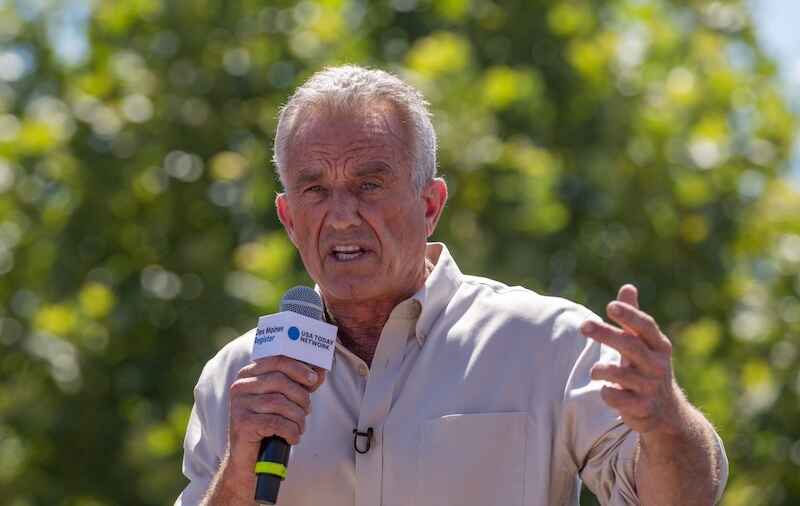What Really Keeps the American Economy Afloat
Alex Moschina|August 4, 2023

Remember when the only thing folks could talk about was the high price of eggs?
All over social media, people were posting snapshots from their local grocery stores. “$8 a carton,” a caption would read. “Can you believe it?!”
But now inflation is receding.
Egg prices no longer induce mass panic. Gasoline, the internet’s other favorite economic bellwether, has also come down significantly in price over the last year. As have airline fares.
And consumer confidence has soared.
It’s so high that even as the prices of goods drop…

Spending just keeps ratcheting upward.
It seems virtually unstoppable.
Americans spent 3% more year over year in the 12-month period ending in June… all while inflation fell by more than two-thirds.
In other words…
As daily life has gotten cheaper, our collective response has been to buy even more stuff than we used to.
We’re racking up unprecedented amounts of debt just to feed our spending addiction.
And why wouldn’t we?
Set, Hike!
Folks were told “Buy! Buy! Buy!” after back-to-back (-to-back) stimulus checks were sent in the early days of the COVID-19 pandemic. A whopping $1.5 trillion in subsidies was unleashed.
After each check hit, we saw personal consumption expenditures rise.

Clearly, the government-subsidized spending spree did what it was meant to do. It kept the economy alive and pulled us away from a recession.
But that spending is also proof of the unsustainable economic position we’re in.
Our country can’t – and won’t – function without government subsidies.
At this point, such a state of affairs would practically be un-American.
Mmm… McSubsidies
Government subsidies keep the American economy afloat.
In fact, most citizens have no idea that they pay less for certain items at the grocery store than those items cost to produce.
For instance, the federal government pours some $38 billion into the meat and dairy industries each year to help keep food affordable.
Without those subsidies, a pound of ground beef would cost $30…
And a Big Mac would run you $13.
(An $8 carton of eggs doesn’t sound so bad now, does it?)
It isn’t just groceries, either.
Energy… housing… financial services… healthcare… automobiles… air travel…
In all, 70 corporations – from Boeing and Intel to Disney and Hyundai – receive more than $1 billion in federal, state and local subsidies.
It’s no wonder consumers are oblivious to products’ true costs. Those costs are skewed by the massive subsidies that support our nation’s largest businesses.
The result? Low, low prices that encourage reckless spending… and a “free market” that requires a near-constant string of bailouts to keep essential services afloat.
Fun fact: Silicon Valley Bank received nearly $2 million in state subsidies between 2019 and 2021. Alas, it was nowhere near enough to keep the company from going up in flames earlier this year.
This quote from the Cato Institute sums it all up:
Companies that take government subsidies often become weaker, less efficient and distracted from serving their customers. They take on riskier projects, they make decisions divorced from market realities and they substitute lobbying for innovation.
It’s scary stuff. But it’s nothing new.
And now the same dangerous game is being played by everyday Americans.
Joe Average is racking up debt at a rate that would make the top brass at Enron blush.
The difference is, he doesn’t have a team of high-powered financial advisors and tax attorneys on retainer. There’s no one waiting in the wings to bail him out when the bubble bursts.
When the debt collectors come knocking, he’ll have only himself to blame.
“How did it come to this?” he’ll wonder…
Then he’ll remember those damn eggs.

Alex Moschina
Alex Moschina is the associate publisher of Manward Press. A gifted writer, editor and financial researcher, Alex’s career in publishing began more than a decade ago when he worked at one of the world’s leading providers of academic research and reference materials. Alex first cut his teeth in the realm of investing when he joined the team at White Cap Research in 2010. There he was charged with covering emerging market trends and investment opportunities. A stint as senior managing editor and editorial director at the prestigious Oxford Club followed. A frequent speaker at conferences and events, Alex has led educational workshops across the U.S. and Canada.




